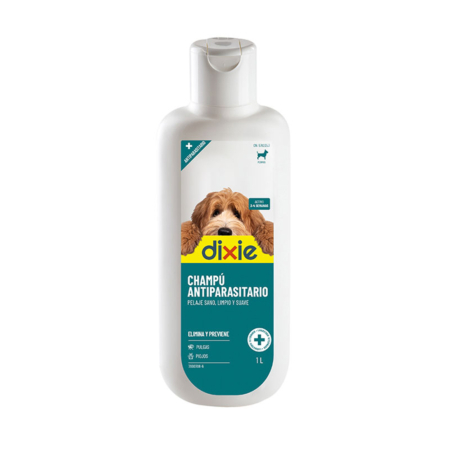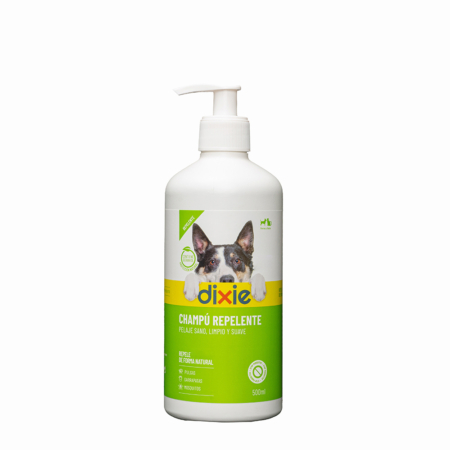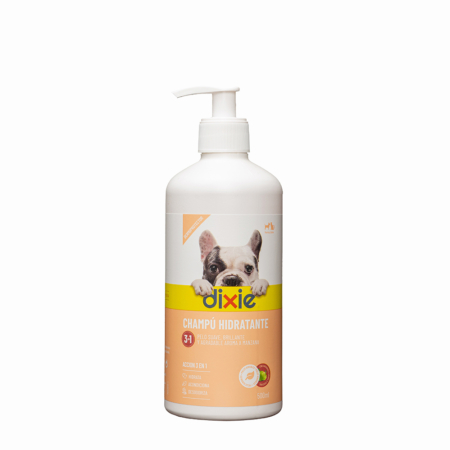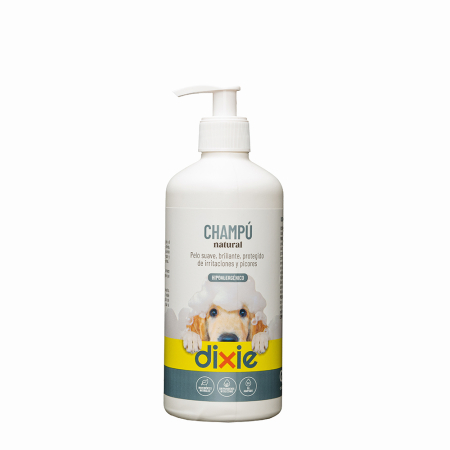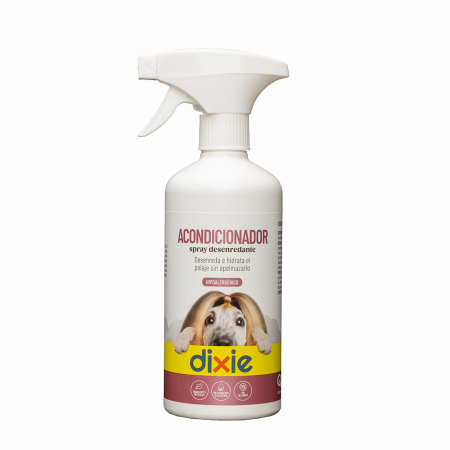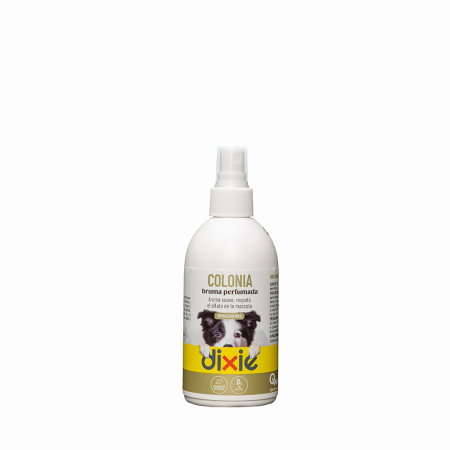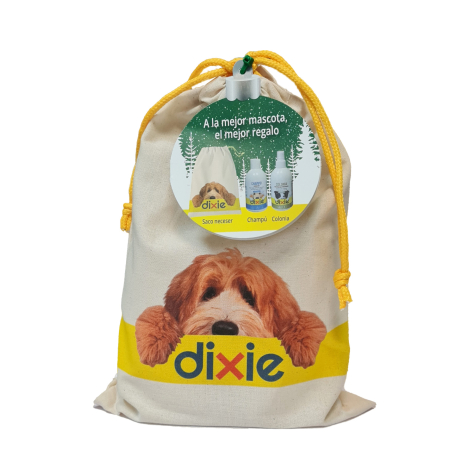Hygiene and Care
Caring for Canine Paws
A dog's paws are delicate structures that require specific care. Biomechanical studies have shown that the health of the paws influences the dog's mobility and comfort.
How to Bathe a Dog in a Scientifically Effective Way
Proper bathing is essential for maintaining canine hygiene, but it also involves a precise understanding of the needs of the skin and coat.
Dermatological studies suggest that excessive bathing can strip the natural oils from the skin, leading to dryness and itching.
It is recommended to bathe dogs according to their coat type and activity level, using shampoos specifically formulated to preserve the skin's pH balance. Additionally, the temperature and frequency of bathing should be considered to avoid damaging the skin barrier and to maintain skin health.
Dental health in dogs is essential for preventing diseases and promoting a longer life. Research highlights the relationship between nutrition and canine oral health.
A balanced and appropriate diet can reduce the buildup of plaque and tartar, thereby decreasing the risk of periodontal disease.
Additionally, studies on the effects of chewing and the texture of food suggest that specific diets and dental toys can contribute to natural dental cleaning. These scientific findings emphasize the importance of nutrition in canine oral health.
Nutrition and Dental Care: What Does Science Say?
How to Prevent Parasite Infestations?
Preventing parasitic infestations in dogs is a crucial goal for maintaining their well-being. Epidemiological research reveals that the use of specific repellents and antiparasitics is essential in protecting against fleas, ticks, and other parasites.
The choice of products should be based on effectiveness, safety, and the individual preferences of the dog.
Additionally, environmental hygiene and constant attention to social interactions are also key factors in preventing diseases transmitted by parasites.
